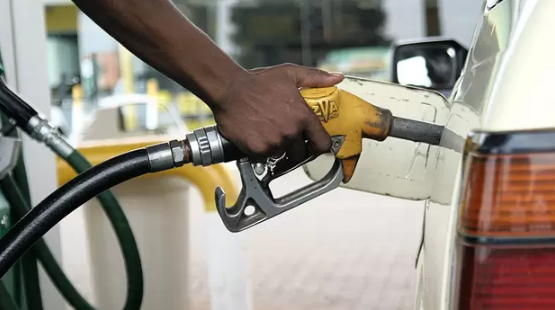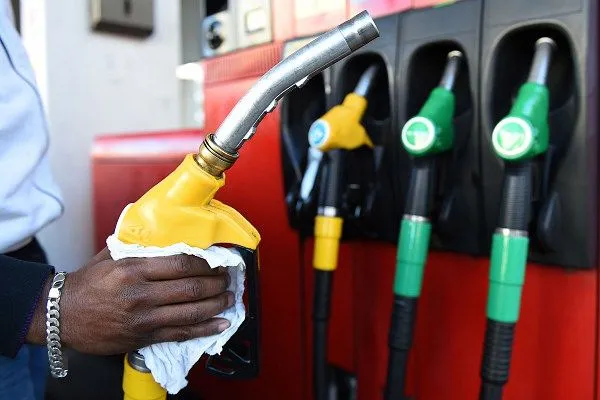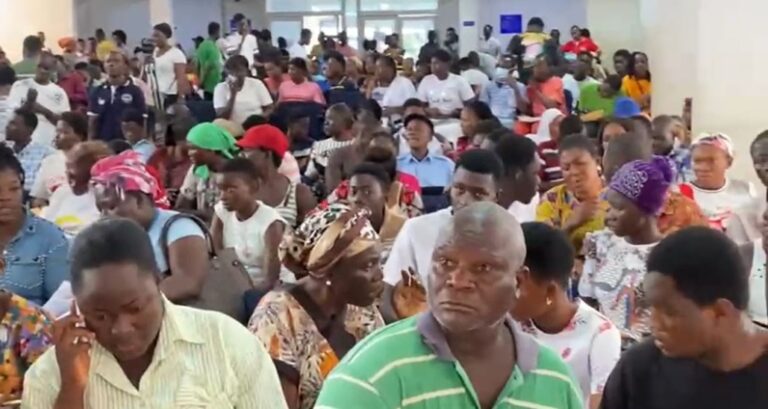Fuel consumers in Ghana are beginning to feel the pinch once again as some Oil Marketing Companies (OMCs) adjust prices at the pumps, with GOIL leading the way.
As of September 18, 2025, a litre of petrol at GOIL stations is selling at GH¢13.38, up from GH¢12.99 just two weeks ago. Diesel has also seen an increase, now priced at GH¢14.20 per litre, compared to GH¢13.90 earlier this month.

GOIL, Ghana’s second-largest player in the downstream petroleum sector, has become the first OMC to raise prices in the current review period. For the past week, most OMCs had held their prices steady, despite industry projections that hikes of up to 6% were inevitable. Industry watchers are now closely monitoring whether other players among the more than 200 OMCs nationwide will follow GOIL’s lead.
The Chamber of Oil Marketing Companies (COMAC) had earlier forecasted increases across all petroleum products for the second half of September. Their projections suggested that:
- Petrol could rise by 3.66% to 5.86%, reaching about GH¢14.17 per litre.
- Diesel might increase by 2.12% to 4.32%, potentially hitting GH¢14.67 per litre.
- Liquefied Petroleum Gas (LPG) was expected to rise by 2.23% to 4.23%, retailing around GH¢14 per kilogram.
These projections were based largely on foreign exchange pressures, rather than global crude oil movements.
The major factor driving the current hikes is the depreciation of the Ghana cedi against the US dollar. COMAC revealed that during the review period, the cedi fell from GH¢11.20 to GH¢12.07 per dollar, a sharp 7.76% decline. This has pushed the local currency’s year-to-date depreciation to 14.02% — one of the steepest globally, according to Bloomberg.
“The decline is primarily due to strong demand for the dollar for imports ahead of the festive season,” COMAC explained in a recent update.
Interestingly, on the international market, petroleum product prices actually declined: petrol by 2.52%, diesel by 4.12%, and LPG by 2.69%. However, the fall in global prices has been more than cancelled out by the weakening cedi, leaving Ghanaian consumers facing higher costs.

While GOIL’s adjustment is significant, analysts remain uncertain whether other OMCs will immediately follow suit. Some companies may delay adjustments in hopes of holding market share, but sustained cedi weakness could make further hikes across the industry unavoidable.
For consumers, the increases add to already mounting cost-of-living pressures, especially as transport operators may soon push for fare hikes. With the festive season approaching and demand for fuel expected to rise, further adjustments could deepen household and business expenses.
The developments underscore Ghana’s vulnerability to currency shocks, despite falling global oil prices. Until the cedi stabilises, experts warn that domestic fuel prices are likely to remain under upward pressure, regardless of international trends.



